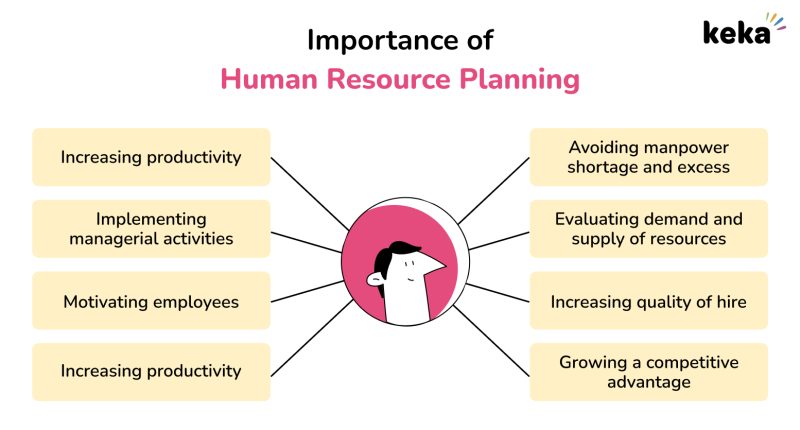How does diplomatic conflict resolution contribute to maintaining stable international business en
Diplomatic conflict resolution plays a critical role in maintaining a stable international business environment by addressing and mitigating the factors that can lead to instability and disruption in global markets. Here’s how effective diplomatic conflict resolution contributes to stability in international business:
1. Reducing Uncertainty
- Predictable Environment: Diplomatic resolution of conflicts helps establish clear rules and agreements, reducing uncertainty for businesses. When disputes are resolved through diplomacy, businesses can better anticipate and plan for future developments, avoiding the risks associated with abrupt changes in policy or market conditions.
- Stable Regulations: Resolving conflicts often leads to the establishment or reinforcement of stable regulations and legal frameworks. This stability allows businesses to operate with confidence, knowing that the rules governing their operations are less likely to change unexpectedly.
2. Maintaining Open Markets
- Trade Continuity: Diplomatic efforts that address trade disputes or geopolitical tensions help ensure the continuity of trade flows. By resolving conflicts that threaten trade relationships, diplomatic resolution minimizes disruptions and maintains open access to international markets for businesses.
- Market Access: Conflict resolution often includes agreements that preserve or enhance market access. For example, trade agreements or treaties resulting from diplomatic negotiations can remove barriers and tariffs, allowing businesses to reach new markets and expand their operations.
3. Protecting Investment
- Investment Security: Diplomatic interventions can lead to agreements that protect foreign investments from expropriation or unfair treatment. Bilateral or multilateral investment treaties often include provisions for investor protection, providing businesses with a sense of security in their investments.
- Dispute Resolution Mechanisms: Effective conflict resolution often includes the establishment of mechanisms for resolving investment disputes, such as arbitration processes. These mechanisms offer businesses a structured and impartial way to address and resolve conflicts, reducing the risk of prolonged disputes or losses.
4. Promoting Economic Cooperation
- Collaborative Opportunities: Diplomatically resolved conflicts can lead to increased economic cooperation between countries. This collaboration can result in joint ventures, partnerships, and cooperative projects that create new business opportunities and foster economic growth.
- Regional Integration: Diplomatic conflict resolution can facilitate regional integration efforts, such as the creation of free trade areas or economic unions. These integrations streamline trade, reduce barriers, and create a more cohesive economic environment for businesses.
5. Enhancing Risk Management
- Conflict Prevention: Diplomatic efforts to resolve conflicts often involve mechanisms for preventing future disputes. By addressing root causes and establishing communication channels, these efforts reduce the likelihood of recurring conflicts that could disrupt business operations.
- Crisis Management: Effective diplomacy includes strategies for managing crises that arise from conflicts. By having frameworks in place for crisis response and resolution, businesses can navigate disruptions more effectively and minimize their impact on operations.
6. Facilitating Economic Stability
- Economic Confidence: Diplomatic resolutions contribute to overall economic stability, which in turn fosters confidence among investors and businesses. When conflicts are resolved diplomatically, it signals a commitment to maintaining stable economic conditions, encouraging investment and economic activity.
- Inflation and Currency Stability: Resolving conflicts can also help stabilize macroeconomic factors such as inflation and currency values. Economic stability contributes to a more predictable business environment and reduces the risks associated with volatile economic conditions.
7. Encouraging Foreign Direct Investment (FDI)
- Attractive Investment Climate: Countries that effectively resolve conflicts through diplomacy are often seen as more attractive destinations for foreign direct investment. Investors seek stable environments where the risk of political or economic disruptions is minimized.
- Infrastructure Development: Diplomatic resolutions can lead to agreements on infrastructure development projects that benefit businesses, such as improved transportation networks or energy supplies. These developments enhance the business environment and support economic growth.
8. Supporting International Trade Relations
- Trade Agreements: Diplomatic efforts often result in trade agreements that promote international trade and reduce barriers. These agreements provide businesses with clearer guidelines for trading across borders, enhancing their ability to operate in multiple markets.
- Trade Dispute Resolution: Diplomatic resolution of trade disputes ensures that trade rules are enforced and disputes are addressed fairly. This protection of trade norms helps maintain a stable trading environment for businesses.
9. Building International Trust
- Enhanced Relationships: Successful conflict resolution builds trust between nations, which can lead to improved diplomatic and economic relations. This trust facilitates smoother business interactions and negotiations between companies and governments.
- Collaborative Frameworks: Diplomatic resolutions often involve the creation of collaborative frameworks for ongoing dialogue and cooperation. These frameworks provide a foundation for continued stability and mutual support in business relations.
10. Addressing Humanitarian and Social Issues
- Social Stability: Resolving conflicts that involve humanitarian or social issues can lead to greater social stability. Stable social conditions are essential for a functioning business environment, as they impact labor markets, consumer behavior, and overall economic conditions.
- Corporate Social Responsibility: Diplomatic efforts that address social and humanitarian concerns align with corporate social responsibility (CSR) goals. Businesses operating in regions with resolved conflicts are better positioned to engage in CSR initiatives that support local communities and contribute to sustainable development.
Conclusion
Diplomatic conflict resolution is essential for maintaining a stable international business environment. By reducing uncertainty, protecting investments, promoting economic cooperation, and enhancing risk management, diplomatic interventions create a more predictable and secure environment for businesses. These efforts help ensure that global markets remain open, accessible, and conducive to sustainable business growth, ultimately benefiting companies and the broader global economy.






